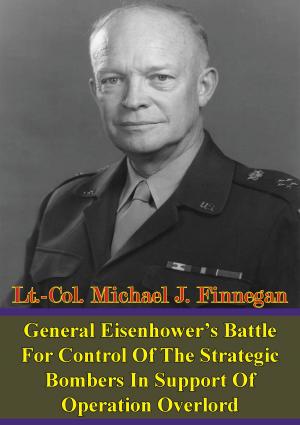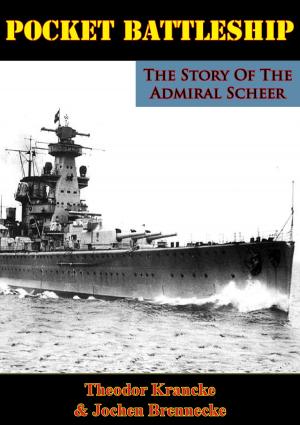Schweinfurt Raids And The Pause In Daylight Strategic Bombing
Nonfiction, History, Germany, European General, Military, United States| Author: | Major Greg A. Grabow | ISBN: | 9781782893882 |
| Publisher: | Lucknow Books | Publication: | August 15, 2014 |
| Imprint: | Lucknow Books | Language: | English |
| Author: | Major Greg A. Grabow |
| ISBN: | 9781782893882 |
| Publisher: | Lucknow Books |
| Publication: | August 15, 2014 |
| Imprint: | Lucknow Books |
| Language: | English |
Avid readers of WWII air combat will find the Eighth AAF’s strategic bombing mission #84 (the Schweinfurt-Regensburg raid on Aug. 17th, 1943) and mission #115 (the Schweinfurt raid on Oct. 14th, 1943) to be tremendous setbacks to the daylight strategic bombing campaign of Germany. As a result of the heavy losses the Luftwaffe inflicted upon Eighth Bomber Command’s heavy bombers, the daylight strategic bombing campaign was halted for over four months. The Eighth AAF could not sustain such heavy losses, in both aircraft and aircrew, and remain an effective force. During the halt in the daylight strategic bombing campaign, only targets within fighter escort range were selected so Eighth Bomber Command could receive replacement crews, upgraded aircraft, revise its strategic bombing tactics, and review its daylight strategic bombing doctrine.
...Initially, the heavy losses incurred during the Aug. Schweinfurt-Regensburg raid were explained away as justified due to the “heavy” damage to both targets, the number of German fighters “shot down,” and the weather which prevented 300 heavy bombers from being sent as one force - the number required for self-sustainment on deep penetration missions. This was the same mood immediately after the Oct. Schweinfurt raid but changed drastically once monthly loss statistics were released and further examination forced the USAAF leadership into a rude awakening: unescorted bombers took seven times the loss plus two-and-a-half times the damage and the final assessment revealed Eighth Bomber Command experienced the loss of one-third of its heavy bombers each month...
What were the implications? America’s daylight strategic bombing campaign came within limits of defeat but the Eighth AAF was able to pause, adjust its strategic bombing doctrine, and obtain its objective of neutralizing the Luftwaffe and destroying German wartime industry.
Avid readers of WWII air combat will find the Eighth AAF’s strategic bombing mission #84 (the Schweinfurt-Regensburg raid on Aug. 17th, 1943) and mission #115 (the Schweinfurt raid on Oct. 14th, 1943) to be tremendous setbacks to the daylight strategic bombing campaign of Germany. As a result of the heavy losses the Luftwaffe inflicted upon Eighth Bomber Command’s heavy bombers, the daylight strategic bombing campaign was halted for over four months. The Eighth AAF could not sustain such heavy losses, in both aircraft and aircrew, and remain an effective force. During the halt in the daylight strategic bombing campaign, only targets within fighter escort range were selected so Eighth Bomber Command could receive replacement crews, upgraded aircraft, revise its strategic bombing tactics, and review its daylight strategic bombing doctrine.
...Initially, the heavy losses incurred during the Aug. Schweinfurt-Regensburg raid were explained away as justified due to the “heavy” damage to both targets, the number of German fighters “shot down,” and the weather which prevented 300 heavy bombers from being sent as one force - the number required for self-sustainment on deep penetration missions. This was the same mood immediately after the Oct. Schweinfurt raid but changed drastically once monthly loss statistics were released and further examination forced the USAAF leadership into a rude awakening: unescorted bombers took seven times the loss plus two-and-a-half times the damage and the final assessment revealed Eighth Bomber Command experienced the loss of one-third of its heavy bombers each month...
What were the implications? America’s daylight strategic bombing campaign came within limits of defeat but the Eighth AAF was able to pause, adjust its strategic bombing doctrine, and obtain its objective of neutralizing the Luftwaffe and destroying German wartime industry.
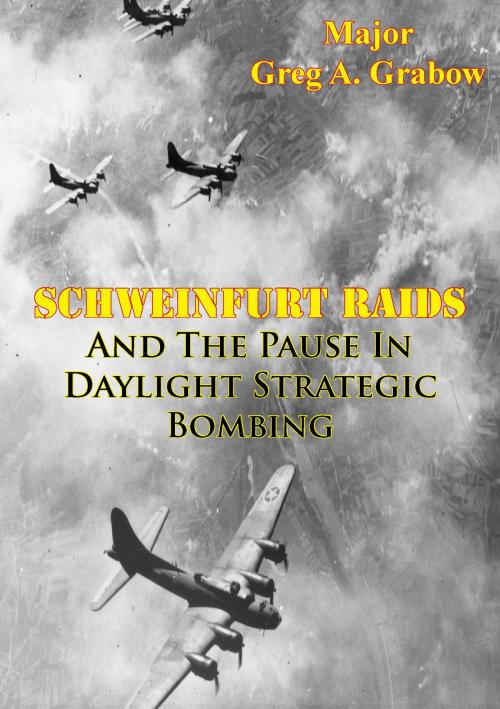
![Cover of the book With Cavalry In 1915, The British Trooper In The Trench Line, Through Second Battle Of Ypres [Illustrated Edition] by Major Greg A. Grabow](https://www.kuoky.com/images/2012/april/300x300/9781782890737-IjQw_300x.jpg)
![Cover of the book Gallipoli Diary Vol. I [Illustrated Edition] by Major Greg A. Grabow](https://www.kuoky.com/images/2015/november/300x300/9781786251077-UIzh_300x.jpg)


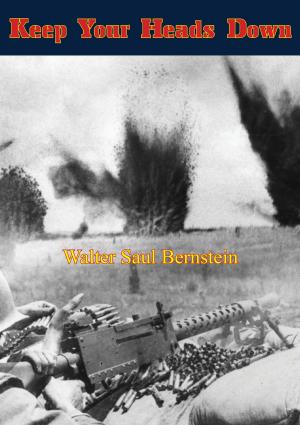

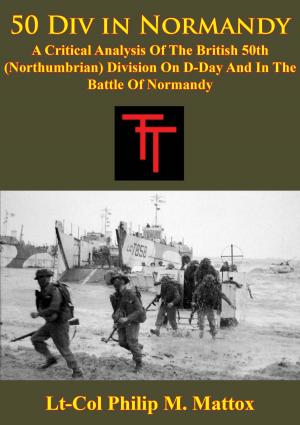
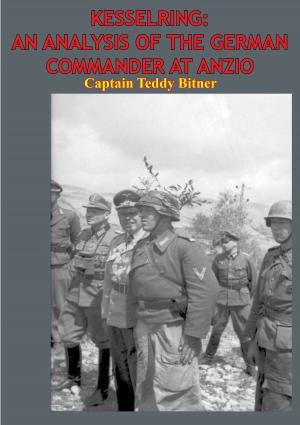

![Cover of the book Notes of a Camp-Follower on the Western Front [Illustrated Edition] by Major Greg A. Grabow](https://www.kuoky.com/images/2015/november/300x300/9781786255198-azK2_300x.jpg)
![Cover of the book 48 Million Tons To Eisenhower: The Role Of The SOS In The Defeat Of Germany [Illustrated Edition] by Major Greg A. Grabow](https://www.kuoky.com/images/2015/november/300x300/9781786257666-m0lC_300x.jpg)
